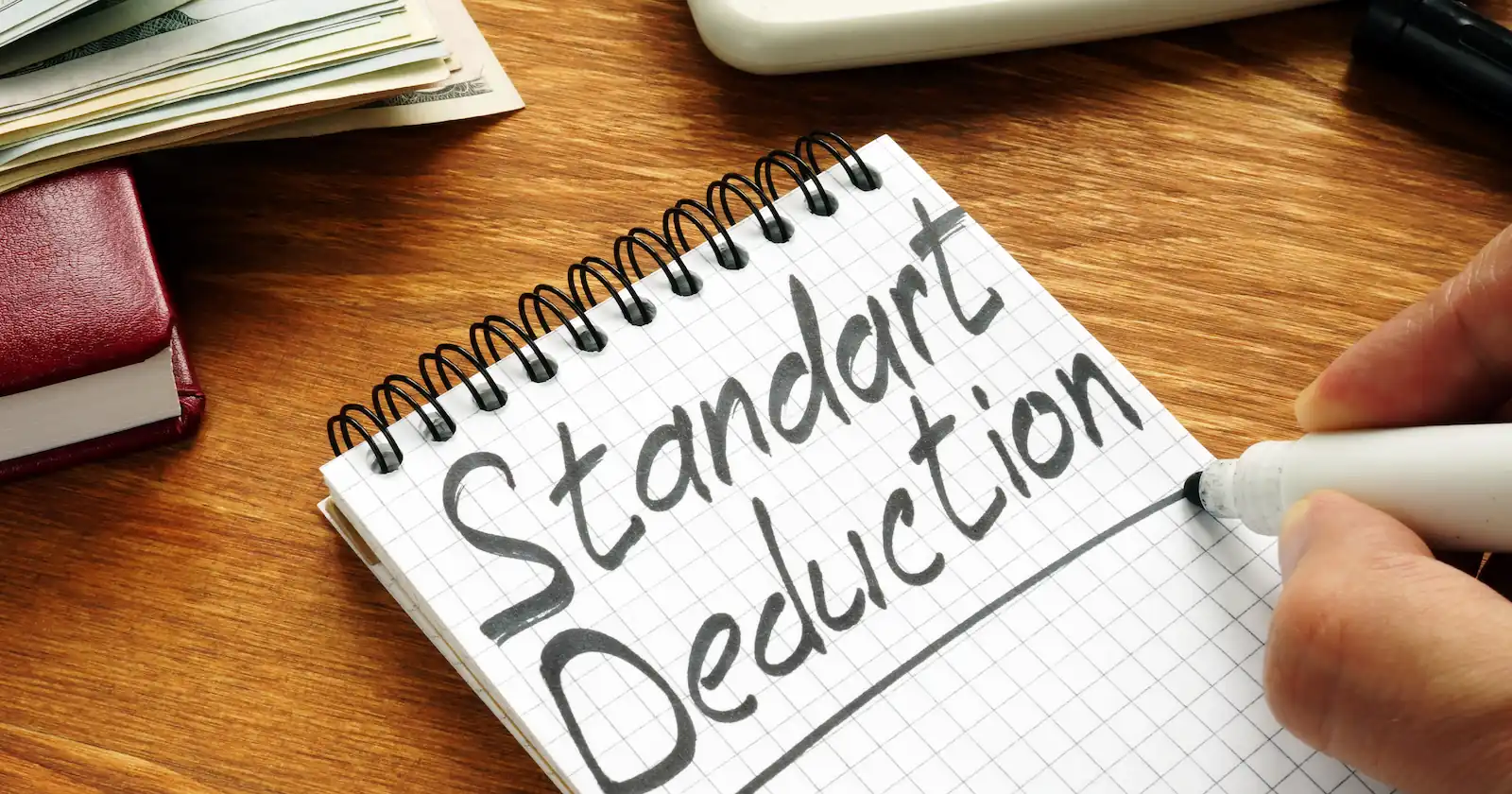As we all know, starting from FY 2023-24, the new tax regime has been established as the default option. Consequently, if you haven’t selected the old tax regime, your TDS will be deducted according to the new tax regime.

It is mandatory for individuals to choose between two tax regimes at the beginning of the year, but there are chances where some individuals may want to switch the tax regime from their initial choice made at the beginning of the fiscal year.
The income tax laws permit such transitions. Although the Central Board of Direct Taxes (CBTD) didn’t clarify about such transition in an April 2023 Circular, according to tax experts, taxpayers can change their tax regime during the financial year which further depends upon the company’s policy.

While some employers will allow such a transition, some will not.
So, at what point is an individual permitted to alter the previously chosen tax regime?
The existing income tax regulations enable individuals to opt for either the old or new tax regime when filing an income tax return (ITR). This choice can be made regardless of the regime selected for salary tax deductions earlier in the fiscal year.
According to an ET report, Naveen Wadhwa, Vice President of Research & Advisory at Taxmann, said that the CBDT has clarified that employers are required to gather information from their employees with salary income regarding their chosen tax regime. Each employee must communicate their preference to the deductor.
‘It’s important to note that this communication is solely for the purpose of tax deduction. Therefore, the tax regime selected during the filing of the income tax return may differ from the one chosen during the intimation for TDS on salary’, he added.
Hence, if an individual selects the default tax regime (new tax regime) when providing information to the employer, they still have the option to choose the old tax regime when filing their income tax return.
How can an individual transition between tax regimes when filing their ITR?
Section 115BAC of the Income-tax Act, 1961, pertains to the new tax regime. This section permits individuals to choose their tax regime each financial year (if they have no business income) when filing their income tax return. The income tax return form offers an option to select the tax regime under which an individual prefers their income to be assessed for a specific financial year.

Wadhwa explains that to transition between the new and old tax regimes, individuals must specify their chosen regime in the ITR form for the relevant assessment year under Section 139(1).
Additionally, individuals earning income from business or profession (such as income from derivatives or options) can switch from the new tax regime to the old tax regime for a specific year by opting out through Form No. 10-IEA before the due date for filing the income tax return under Section 139(1).
Once this option is exercised, they have a single opportunity to revert to the new tax regime, but thereafter, they cannot return to the old tax regime.
Point to remember
Although you can transition from the new tax regime to the old tax regime during the filing of your income tax return, you must ensure that your tax-saving investments and expenditures are finalized by March 31, 2024.














